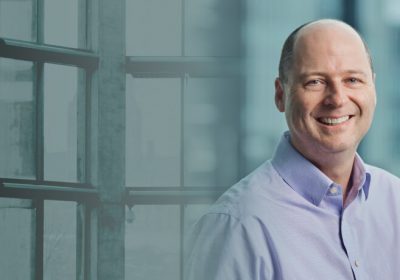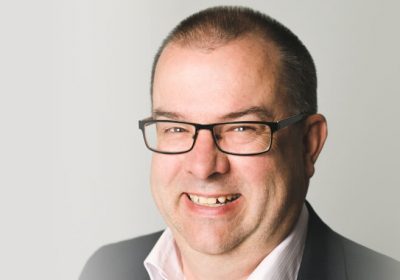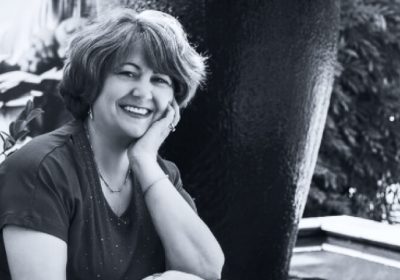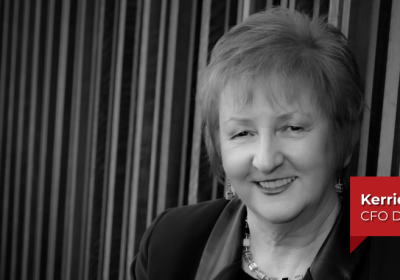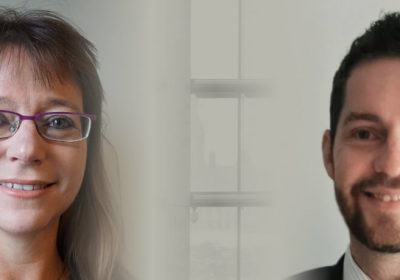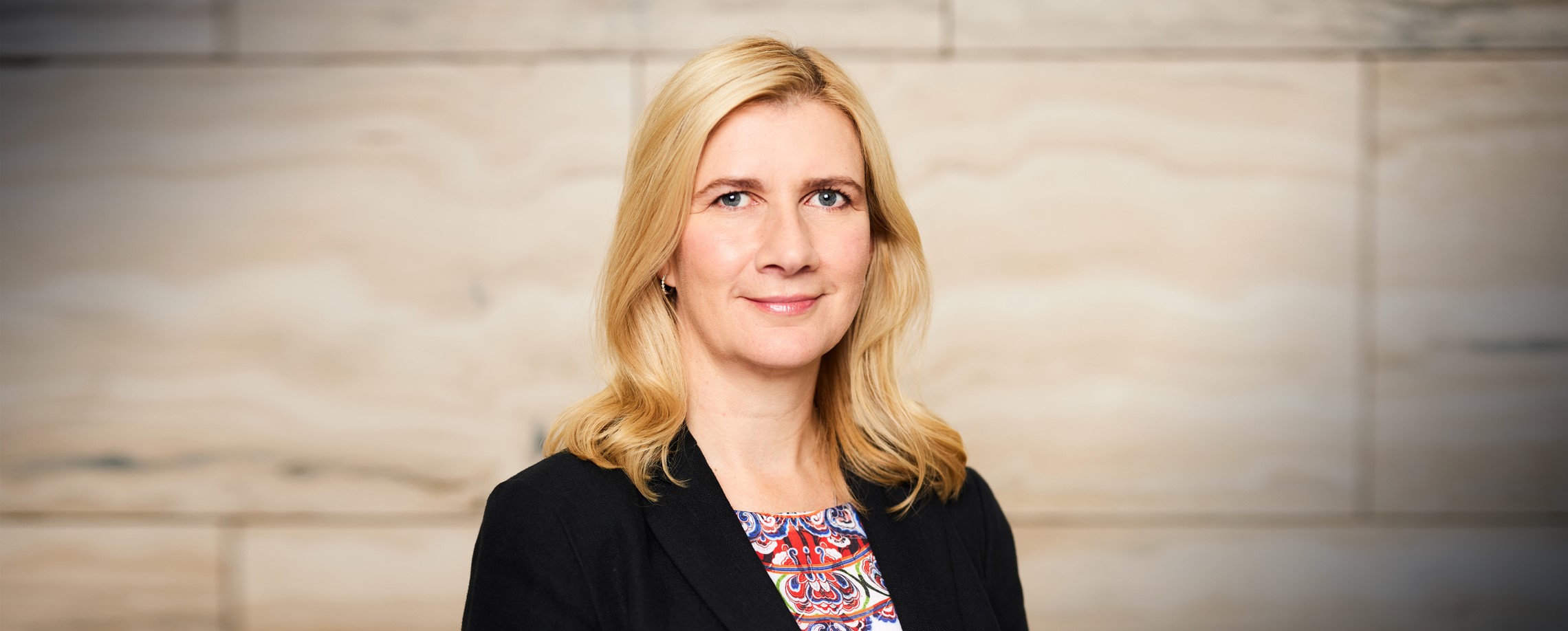
- Author: Emma Foster
- Posted: June 17, 2024
Holding the Keys to Growth > Janelle Hopkins, CFO, REA Group
Since Janelle Hopkins joined REA Group as CFO five years ago, the growth of the online real estate advertising company has been nothing short of stellar.
CFO Magazine A/NZ’s Emma Foster discusses with Janelle her journey from ‘Post to Property’ and becoming an ASX20 CFO. The ‘levers’ finance chiefs could be pulling in FY25 and how the CFO role continues to evolve and broaden.
“It’s a business with a growth mindset, that wants to continue to be the best, and that’s exciting,” says the Melbourne-based executive, previously CFO of Australia Post.
On one hand, the audience of its flagship Australian platform realestate.com.au has ticked up substantially to more than 130 million visits per month. On the other, during her tenure Hopkins has rolled her sleeves up on a flurry of acquisitions, adding to REA’s expanding suite of businesses across Australia, Asia and North America. Among these were the 2020 majority buyout of Indian based Elara Technologies (now known as REA India) and the acquisitions of Australian mortgage broker Mortgage Choice in 2021 and vendor paid advertising and home preparation finance provider CampaignAgent; along with stakes in mortgage application and e-lodgement specialist Simpology and digital real estate transactions technology solutions platform Realtair.
“There’s always been something going on,” Hopkins says in her understated way, noting expansion has taken place during a particularly rocky time for the real estate sector. Initial instability came with the banking Royal Commission report and its flow-on to mortgage lending, before quickly rolling into the pandemic and the long tail of the most significant interest rate movement cycle in decades.
Against this backdrop, the trajectory of the ASX20 business, which was founded in 1995 and is majority-owned by News Corp, has seen its market cap rise more than 50 percent since 2019, and its profit more than double.
“But we’re not complacent,” says Hopkins, named the top CFO in Australia in 2022 in MarketMeter’s Institutional Investor Scorecard, based on value delivered in the first half of that year.
“We’re on a growth trajectory, and we feed off that expectation of our continued growth,” she says.
“For me, it’s all about balancing our investments so that we’re continuing to protect and grow our core, while investing in the things that are going to help deliver value over a three-year time horizon, and also assessing the M&A opportunities we have.”
Up for the challenge
It’s the kind of challenge Hopkins says she was looking for to “round out” her CFO skill set, building on the experiences she gained during her previous seven years with Australia Post, which was a transformational time for the government business enterprise as the e-commerce boom forced a rethink of its traditional postal model.
“What an opportunity that was to work with a company going through such a massive enterprise transformation,” she recalls of her time with the more than 200-year-old iconic business. Prior to Australia Post, she’d held senior finance roles with NAB for almost 12 years, after beginning her career as an auditor with Deloitte having joined as a cadet.
“When I was thinking about my next challenge after Post, I knew I wanted a listed CFO role in a growth business, and that’s when the opportunity at REA came up,” she says.
While Hopkins concedes the increased complexity that comes with REA Group’s rapid diversification has created extra challenge, she says it’s also opened up substantial opportunities.
“We’ve certainly had to think about how we make sure we have the right skill set across our finance and risk teams, particularly as we’ve gone into financial services with the regulatory obligations that come alongside that; and as we’ve gone into India where you have not only cultural differences but a very different structural market,” she says.
“But it’s also made it more interesting for the team and, as the business has grown, so too have the opportunities for the team.”
She views these types of development opportunities as key to a high performing team – and to succession.
“The way I look at it is that I need to hire the best people, I need to get out of their way, and I need to support them and challenge them,” she says.
“I need to keep moving them around so they get different development opportunities, different experiences, and make sure they continue to get outside their comfort zone, because that’s what will stretch them and help them grow to be potential successors for the CFO.”
Pulling levers
Hopkins says the shifting sands of the real estate operating environment has meant she’s needed to work closely with REA’s management and board to frequently stress-test scenarios and ready the Group for tweaks to plans.
“While I’m net-optimistic today, what COVID has taught us is that in three months’ time the world could change substantially, and we need to be ready to pull levers to make sure we can continue to meet different stakeholders’ needs,” she says.
“Take the past two years, for example, when we had 13 interest rate rises. That number of rate rises can have a massive impact on the market and therefore revenue, so we were running multitudes of scenarios – considering how bad could it get, and what levers would we pull under each scenario? The scale of possible outcomes, I think, are bigger than what we have seen in the 5 or 6 years pre-COVID when we had a more buoyant economy and not as many shocks.”
As a tech company, Hopkins says her key lever boils down to the pace of investment in the fundamental cost and revenue drivers of the business: people, marketing and technology.
“We can speed up or slow down how quickly we recruit roles, or our planned technology investments,” she says. “But one thing we would never want to do is underinvest in the business just to satisfy a short-term blip in the market. We absolutely want to continue investing for long-term growth.”
Backing next gen leaders
On the side lines of her role at REA, Hopkins has spread her wings in ways which have seen her share her experience with a new generation of business leaders. In 2020, she was appointed for a two-year term as Chair of the Group of 100 – Australia’s peak business association for CFOs – and last year she joined the board of Melbourne Business School. She’s also on the board of the child safety charity, The Alannah and Madeline Foundation.
She says there is no doubt the role of the CFO has changed over the years, and the learning curve is comparatively steeper to meet today’s ingredients for success.
“The role of a CFO is so varied these days,” she says.
“You can see that in the fact that a lot of CFOs now aren’t even chartered accountants and don’t necessarily have traditional finance backgrounds. That reflects today’s expectations of CFOs as a true enterprise partner to the CEO in delivering and executing on enterprise strategies.”
She refers to a model by Deloitte that she sees as a useful depiction of what’s now expected of CFOs, broken into four “faces”: the steward, the operator, the strategist and the catalyst.
Being the steward is about getting the numbers right and meeting all compliance and financial obligations, she explains. The operator makes sure the finance function is working well with the best processes, tools and people. Above the line is the strategist – working with the business on where the growth is coming over the horizon; and the catalyst is about making it happen and executing on that strategy.
“To be a successful CFO, you need to play all four roles,” she says. “Being the steward and operator is the ticket to play – you need to get that right. But if you spend all your time there, you’re not doing what the CEO and the board needs and expects of you. You need to make sure you’re spending the right amount of time as a strategist and catalyst.”
And the best way to become skilled in all quadrants?
“Get the biggest breadth of experiences you can,” she recommends. “Do many different roles, move from financial control to business partnering to run projects, say yes to opportunities that put you outside your comfort zone. That’s the learning curve, and what will make a successful CFO today versus a traditional CFO,” she says.
“Where you want to get to is to have alignment and a high level of trust and challenge between the CEO and the CFO, because that’s where organisations really excel.”



